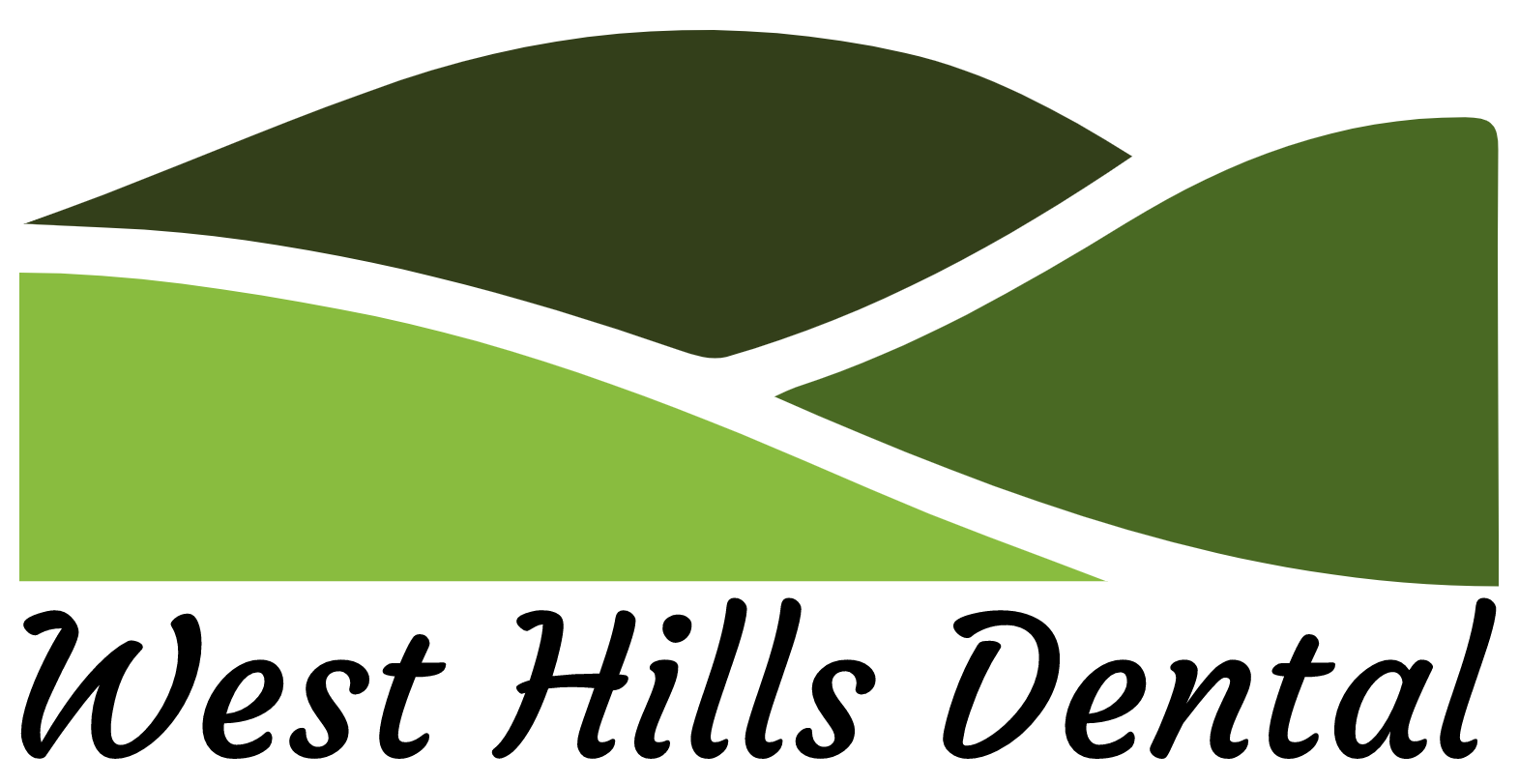Preventative Dentistry
Prevention is crucial for keeping your smile healthy over a lifetime. Yes, we can always fix tooth decay and replace missing teeth — but it’s best for your smile if these issues never develop to begin with. When you come in for a checkup and cleaning every six months, we keep a close eye on your teeth and gum tissue, removing plaque, tartar, and providing additional preventive treatments as we deem necessary. Families and friends Minot, ND are encouraged to contact us for superior preventive care!
Check-Ups & Cleanings
 The most essential part of every dental care plan for patients of any age is attending a regular preventive checkup and teeth cleaning appointment every six months. For kids, this is especially important. Your little ones are still learning to care for their smile, so in addition to screening for common warning signs of oral health conditions, we can also begin partnering with your child to develop good oral hygiene habits that will lead them to a lifetime of healthy smiles. In addition to the traditional professional cleaning, our hygienists will be able to ask your child about their at-home care routine, and walk them through fun and easy ways to care for their smiles at home. As always, our caring dentist will be happy to answer questions and carefully explain everything so your child feels right at home.
The most essential part of every dental care plan for patients of any age is attending a regular preventive checkup and teeth cleaning appointment every six months. For kids, this is especially important. Your little ones are still learning to care for their smile, so in addition to screening for common warning signs of oral health conditions, we can also begin partnering with your child to develop good oral hygiene habits that will lead them to a lifetime of healthy smiles. In addition to the traditional professional cleaning, our hygienists will be able to ask your child about their at-home care routine, and walk them through fun and easy ways to care for their smiles at home. As always, our caring dentist will be happy to answer questions and carefully explain everything so your child feels right at home.
Dental Sealants
Dental sealants are completed in a matter of minutes and provide lasting protection against tooth decay on the premolars and molars. A translucent layer is painted over the irregular surface of these back teeth, where they block out the food particles and bacteria that cause cavities. Children especially benefit from decay prevention with dental sealants, but your dentist may recommend them for your own smile if you are at a higher risk for cavities.
TMJ/Bruxism Therapy
The TMJ, or temporomandibular joint, connects the mandible to the skull. If it becomes strained due to misalignment, facial injury, or for any other reason, it results in the painful condition known as TMJ/TMD. Bruxism, or teeth grinding, is likely to occur as a result. Your dentist provides therapy to reduce the incidence of jaw clenching and grinding and protect your tooth enamel from damage or erosion with occlusal splints or adjustments to realign the jaw and take pressure off the TMJ.
Mouth guards / Sports guards
Your teeth are able to withstand normal pressure from biting and chewing, but if you’re putting your smile under additional stress, you need extra protection to prevent wear and tear. Custom fitted mouthguards protect tooth enamel from the pressure and force that occur with nighttime teeth grinding or contact sports. Over-the-counter mouth guards are not as effective as what is fitted to your unique oral anatomy. Partner with your dentist for a properly fitting mouth guard.
Oral Cancer Screening
Oral cancer is on the rise in the US and around the world. Regular screenings aid in early detection, which improves outcomes after diagnosis. Your dentist in Minot will perform an annual screening during your routine checkup and cleaning. During the exam, we will look for bumps, lumps, and other irregularities that may indicate the presence of pre-cancer or cancer. If a suspicious area is located, we will work with you to make sure you receive the prompt attention you need.
Emergency Dentistry
It’s impossible to plan for a dental emergency — but when one happens to you, feel comforted knowing that Dr. Kaci Drapes provides emergency care for patients in Minot, ND. Call us right away after a knocked out or dislodged tooth, toothache, or anything else that is causing you or a loved one pain. However, you should head straight to the emergency room if you are bleeding profusely or have broken a bone.
Gum Disease Treatment
Gum disease affects the majority of adults, and its effects are damaging to oral and overall health, as your mouth is the gateway to the rest of your body. With regular visits to the dentist, we can catch the condition in its beginning stages. In the beginning stages, improved dental hygiene and increased visits to the dentist are enough to heal the gums. As the disease progresses, nonsurgical scaling and root planing kills bacteria and prevents reinfection.
